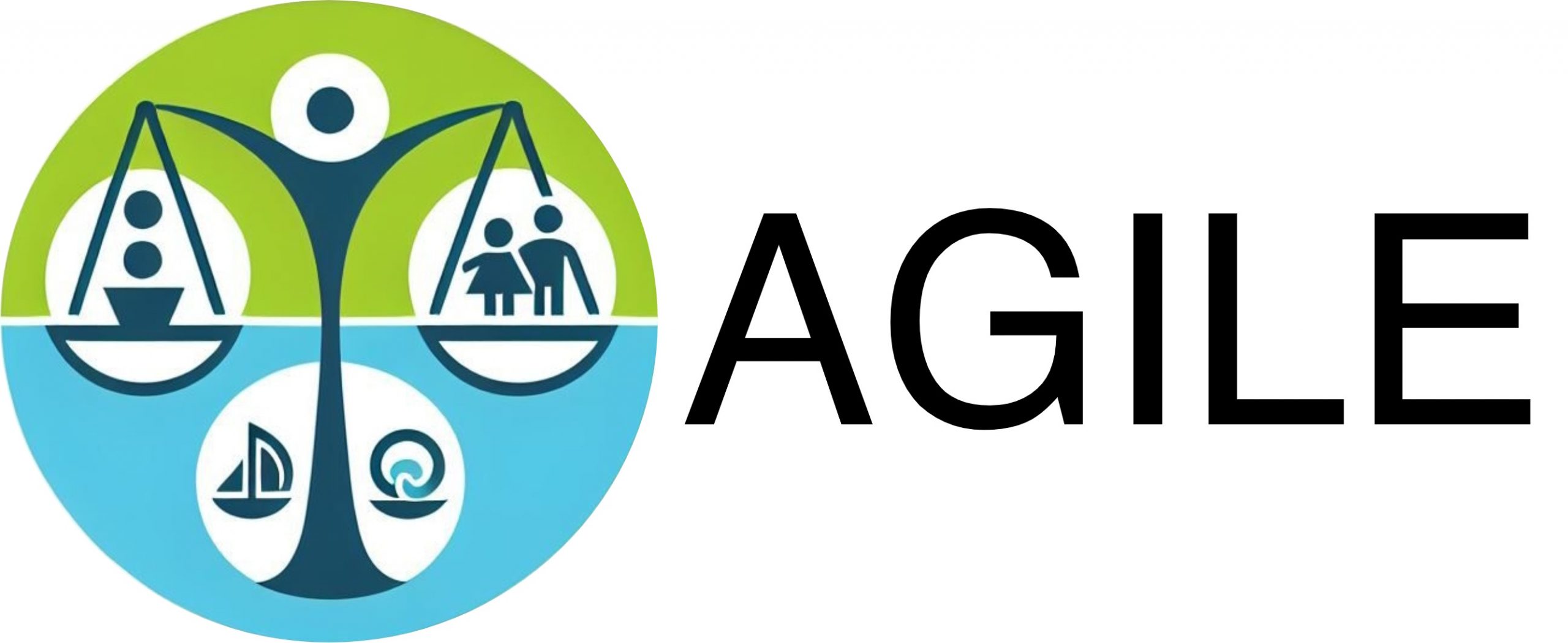About AGILE
The AGILE Work-Life Balance project explores how modern policies, practices, and perspectives shape work-life balance across Europe. With record-high employment rates and shorter working weeks, we are witnessing a significant shift in how work and personal life intersect. This research examines the impacts of parental leave, flexible work arrangements, and care responsibilities across four welfare state regimes: Denmark, Italy, Poland, and Ireland. Through a mix of quantitative surveys, qualitative interviews, and firm-level case studies, the project provides new insights into the roles of citizens, businesses, and policymakers. Our ultimate goal is to create a comprehensive and innovative framework for understanding work-life balance in today’s dynamic world.
Across EU countries, governments, social partners and businesses are introducing and experimenting with novel ways of enabling individuals to combine paid work with ‘life’. Work-life balance policy targeted at mothers, especially paid maternity leave, is well established in most advanced economies, and there is a clear trend towards providing longer shares of paid leave for fathers. This has been enhanced further in EU countries with the agreement of the work-life balance directive of 2019, with was implemented in member states in 2022. However, mothers still utilize paid (and unpaid) leave rights more than fathers. Social norms (still) play a role in shaping societal expectations about mothers behavior.
Beyond parental leave, other policies – such as tele-working – have been enhanced during and after the COVID-19 pandemic enabling (white-collar) workers to increase time spent at home. The alterations could represent a fundamental paradigmatic shift in society: the centrality of work in identity formation is diminishing. Women and men – at different stages of the life-course – are increasingly demanding possibilities for flexible work to engage in other activities, such as caring and leisure. Even in Denmark, where the full-time work is short by comparative standards – 37 hours/week – a survey by CEVEA indicates that a majority of citizens would like to work less, even if it entails a decrease in income. This phenomenon is present across the EU: in 2022 – although employment rates in the EU were at a historic high level 74,6%, 2022, the actual average weekly working week has never been shorter, at 36,2 hours/week.
While policies and practices are in flux, little is known about citizens views on work-life balance. Furthermore, the role of firms – especially leaders and HR departments – in facilitating or hindering work-life balance policies, remains a black box. Relatedly, the implementation of work-life balance policies following the EU directive on WLBD was completed by member states in late 2022, providing individualized leave and possibilities for flexible work for mothers and fathers. Yet, little is known about the extent to which these policies are used by citizens, and what could explain differences in use of leave and flexible work arrangements.
Get in touch.
If you have any questions or inquiries, do not hesitate to reach out.
